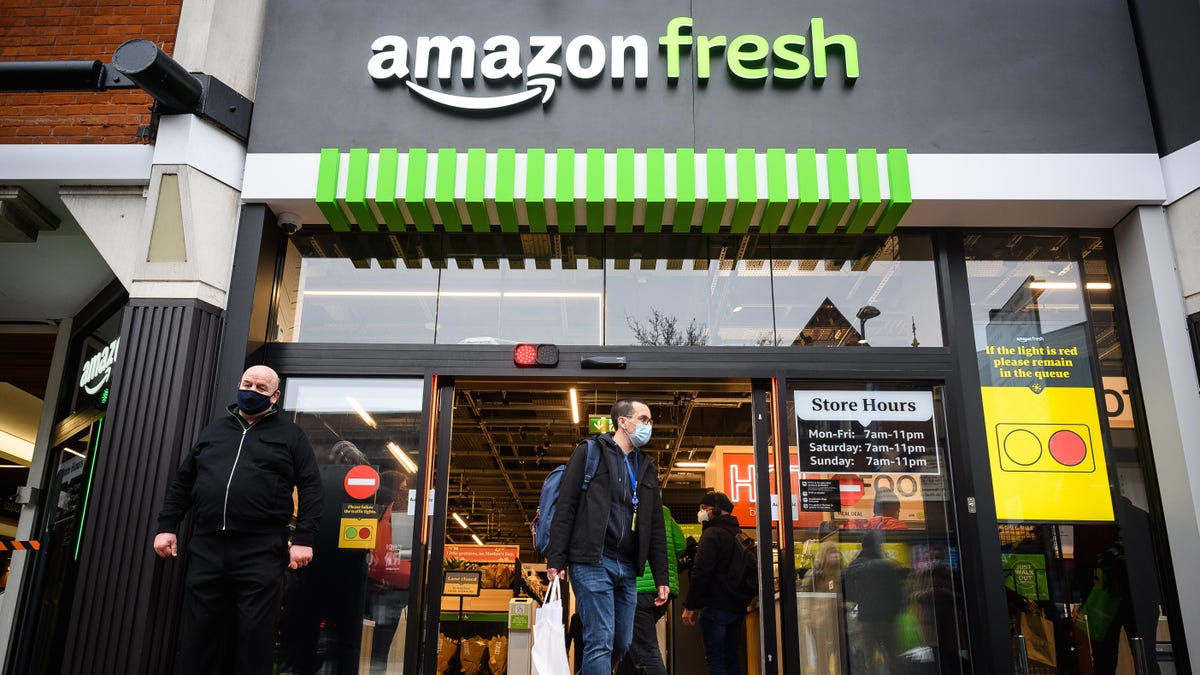

Interesting. This is certainly not the first time there have been markdown parsing inconsistencies between clients on Lemmy, the most obvious example being subscript and superscript, especially when ~multiple words~ ^get used^ or you use ^reddit ^style ^(superscript text).
But yeah, checking just now on Jerboa you’re right, it does display correctly the way you did it. I first saw it on the web in lemmy-ui, which doesn’t display it properly, unless you use the triple backticks.



Actually long desks are no longer considered best practice. At my work, some devs have a lazy suzan, while others prefer a circle that they can pivot around to face the right computer.